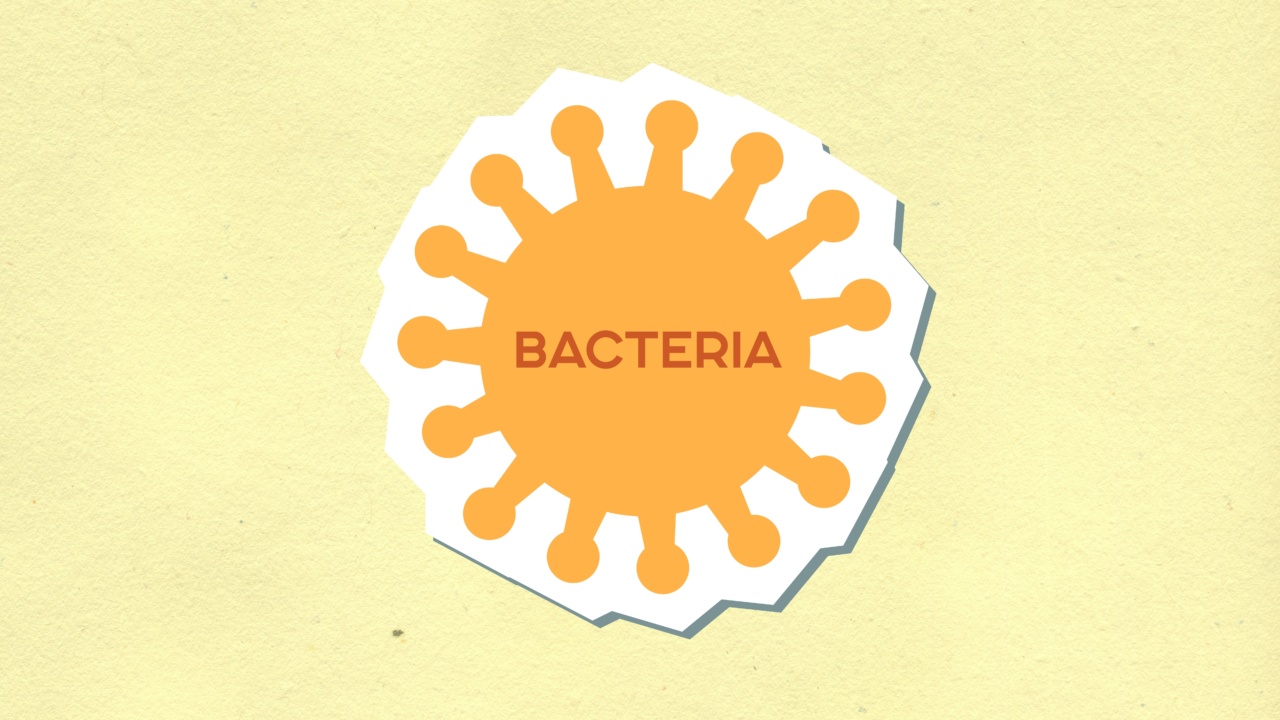Antibiotics are commonly used to treat bacterial infections in humans and animals. These drugs are designed to kill or inhibit the growth of bacteria, but they also have unintended consequences that can impact both the bacteria and the environment.
This article will explore how antibiotics work, their benefits and risks, and the importance of responsible antibiotic use.
How Antibiotics Work
Antibiotics work by targeting specific structures or processes in bacteria cells. For example, penicillin interferes with the construction of bacterial cell walls, which makes them vulnerable to rupturing.
Other antibiotics, like tetracycline and erythromycin, inhibit protein synthesis which is essential for the growth and replication of bacteria.
While antibiotics are effective against many types of bacteria, they do not work against viruses. Viruses, like the flu, require a different type of treatment.
The Benefits of Antibiotics
The discovery of antibiotics has revolutionized the treatment of bacterial infections. Prior to their development, bacterial infections were a leading cause of death.
Antibiotics have saved countless lives and remain essential in treating bacterial infections today. Common bacterial infections that are typically treated with antibiotics include:.
- Strep throat
- Pneumonia
- Urinary tract infections
- Bacterial meningitis
The Risks of Antibiotics
While antibiotics are effective at treating bacterial infections, they have unintended consequences that can impact both the bacteria and the environment.
Overuse of antibiotics has led to the development of antibiotic-resistant bacteria, which can be very difficult to treat and pose a serious threat to public health. When bacteria are exposed to antibiotics, the ones that survive are the ones that have developed resistance, meaning that they are immune to the effects of the drug.
This resistance can be passed down to future generations of bacteria, creating more and more strains that are resistant to antibiotics.
In addition to resistance, antibiotics can also have negative impacts on the environment. Antibiotics are found in wastewater and can affect the natural microbial communities in rivers, lakes, and oceans.
This can have unintended consequences, including the promotion of harmful algal blooms and the degradation of water quality.
Responsible Antibiotic Use
To mitigate the risks associated with antibiotic use, it is important to use these drugs appropriately. This means:.
- Only using antibiotics when they are needed
- Taking antibiotics as prescribed
- Not sharing antibiotics with others
- Not using antibiotics to treat viral infections
- Properly disposing of leftover antibiotics
- Avoiding the unnecessary use of antibiotics in agriculture
By using antibiotics responsibly, we can help slow the development of antibiotic-resistant bacteria and protect the environment.
Conclusion
Antibiotics are a valuable tool in the fight against bacterial infections, but they must be used responsibly.
Overuse and misuse of antibiotics can have unintended consequences, including the development of antibiotic-resistant bacteria and negative impacts on the environment. By using antibiotics appropriately and responsibly, we can help protect public health and the environment for generations to come.






























